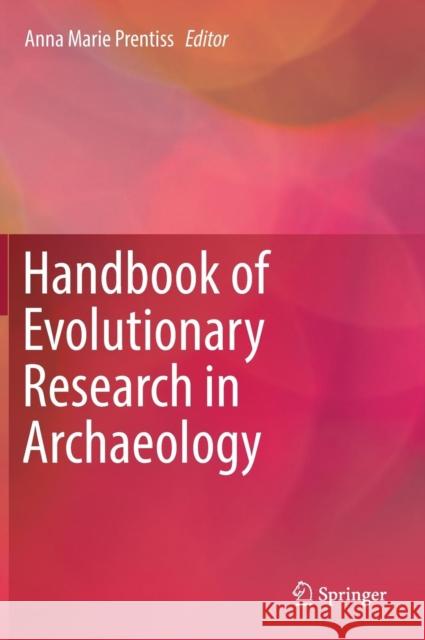Handbook of Evolutionary Research in Archaeology » książka
topmenu
Handbook of Evolutionary Research in Archaeology
ISBN-13: 9783030111168 / Angielski / Twarda / 2019 / 443 str.
Kategorie BISAC:
Wydawca:
Springer
Język:
Angielski
ISBN-13:
9783030111168
Rok wydania:
2019
Wydanie:
2019
Ilość stron:
443
Waga:
0.99 kg
Wymiary:
25.4 x 17.78 x 2.54
Oprawa:
Twarda
Wolumenów:
01
Dodatkowe informacje:
Wydanie ilustrowane











